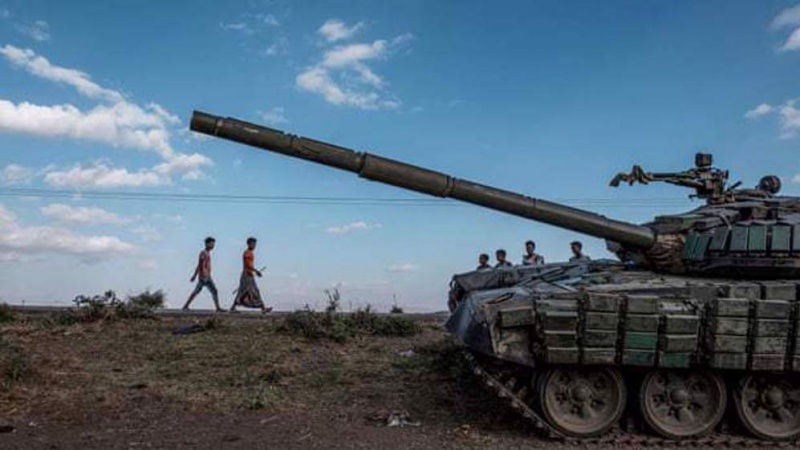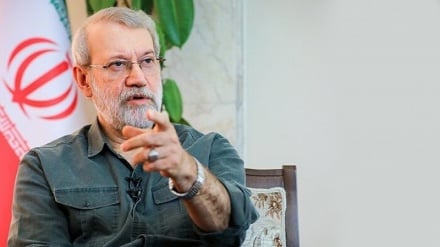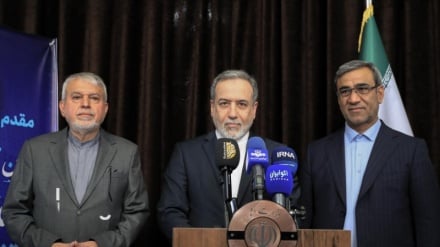Facebook allows vigilantes in Ethiopia to incite ethnic massacres, probe finds
-

Civilians walk past an abandoned tank in southern Tigray. Thousands have died since fighting broke out in the region in November 2020. (Photo by AFP)
US-based social media platform Facebook has come under renewed scrutiny for persistently allowing user activists to incite ethnic massacres in Ethiopia’s escalating war.
According to a probe by UK-based Bureau of Investigative Journalism (TBIJ) and the Observer newspaper released Sunday, Facebook continues to permit users to post content that triggers violence through hate and misinformation.
The investigation tracked down relatives who have tied Facebook posts to the killings of loved ones, pointing out that a senior member of Ethiopia’s media blamed the major corporation for “standing by and watching the country fall apart.”
The complaints came amid an intensifying focus on Facebook’s content moderation decisions, with it previously being blamed for playing a role in the ethnic persecution of Rohingya Muslims in Myanmar.
Mark Zuckerberg, the CEO of Facebook’s parent company Meta Platforms, revealed on Wednesday that former British Deputy Prime Minister, Nick Clegg, would be president of global affairs.
He said the move aimed to help the rebranded US technology company repair its reputation following the testimony of whistleblower Frances Haugen, who insisted that Facebook was “literally fanning ethnic violence” in Ethiopia.
The development also comes as Facebook considers launching an independent inquiry into its work in Ethiopia after its oversight board urged the company to probe how the platform had been used to spread hate speech.
TBIJ and Observer investigators interviewed a number of fact-checkers, civil society organizations and human rights activists in the country, describing Facebook’s support in the investigation as far less than it should be.
Others said they felt requests for assistance had been ignored and meetings failed to materialize.
Such failures, they said, helped to incite a conflict in which thousands have died and millions been displaced since clashes broke out between government forces and armed opposition groups from the Tigray region in November 2020. Both sides have been accused of perpetrating atrocities.
ME


